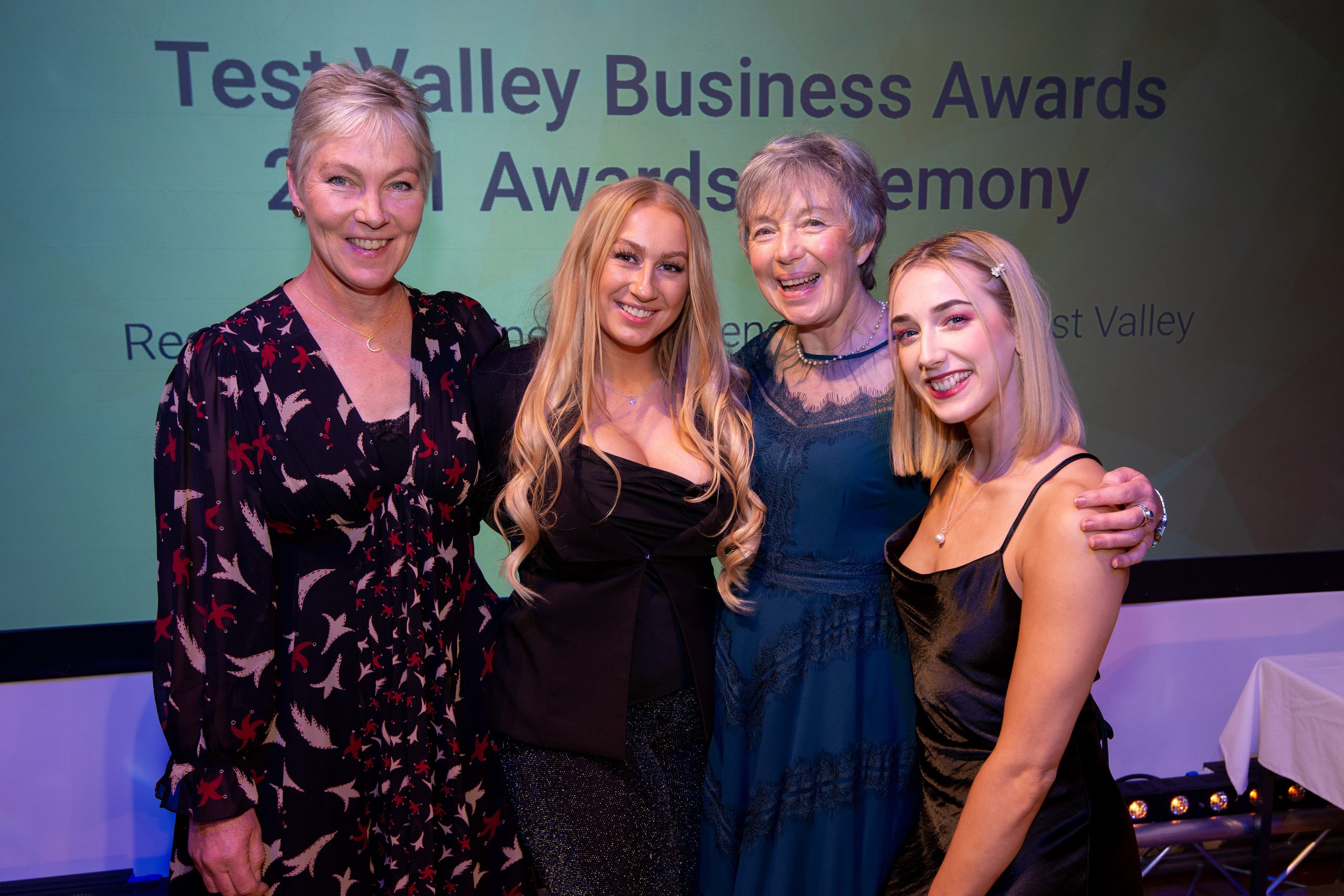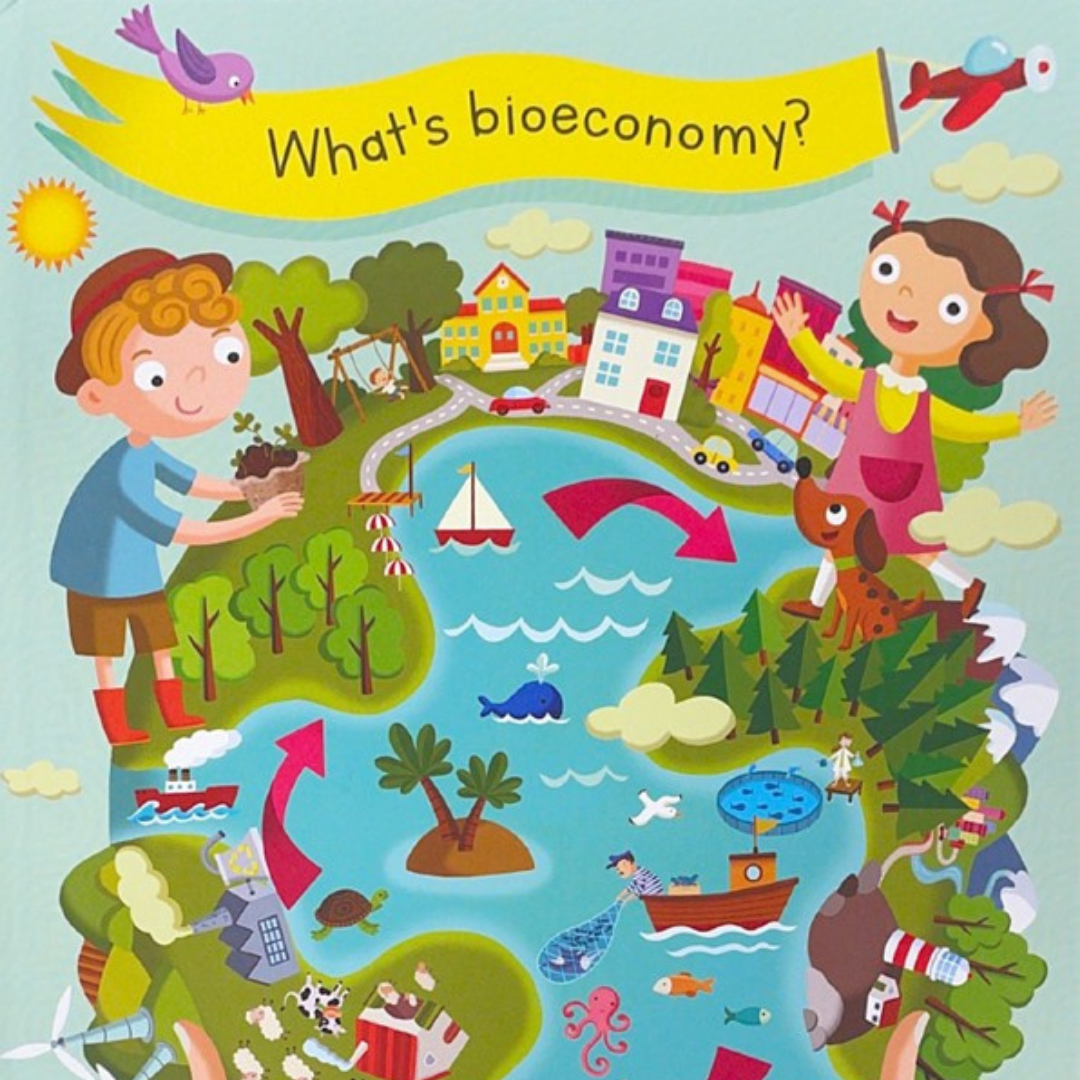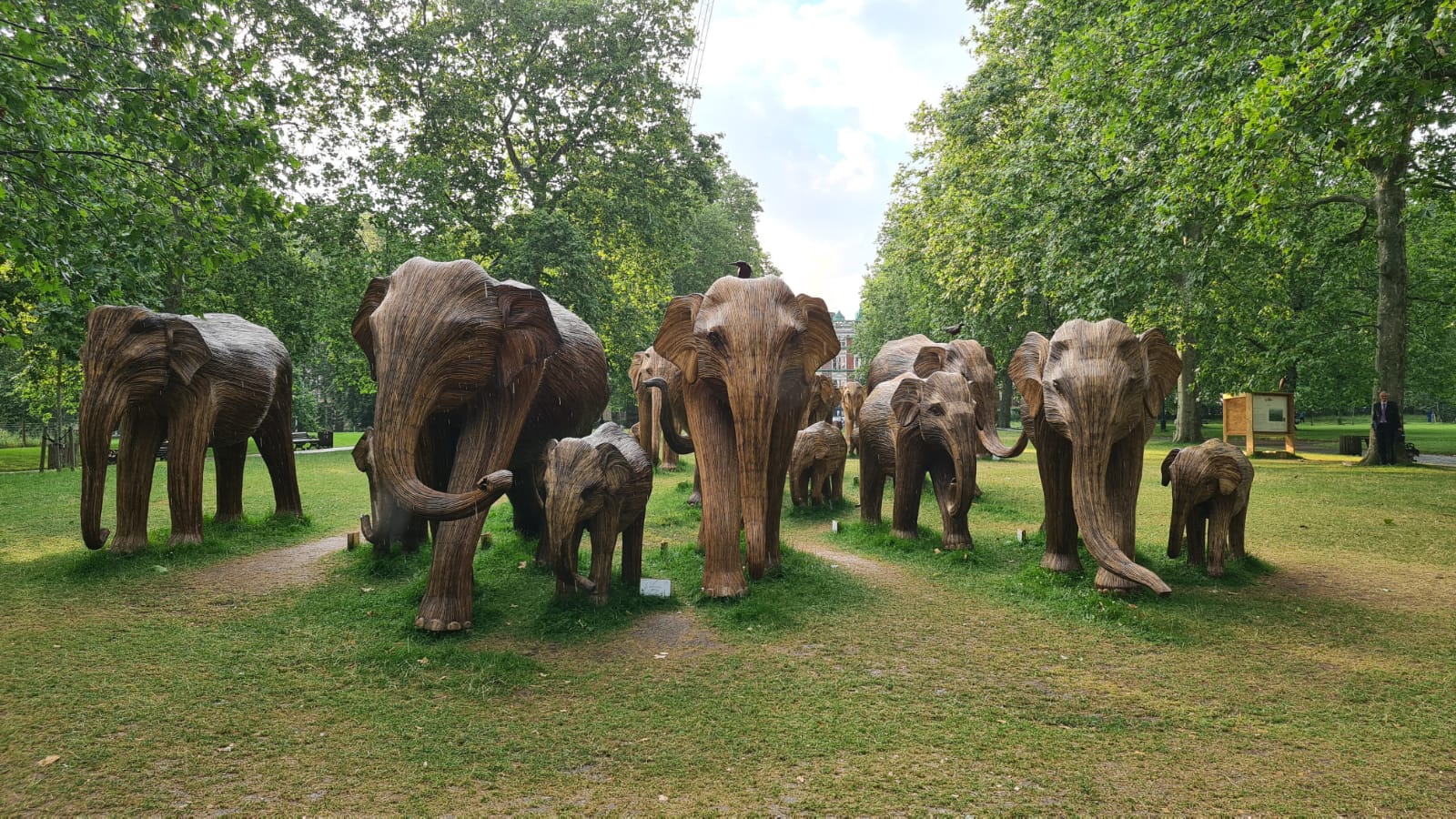I confess to feeling slightly out of my depth at a press conference held during a recent research congress about the challenge of obesity in Europe.
Beyond the frog I dissected in GCSE Biology and numerous ticker-tape-trolley experiments conducted in physics lessons (the point of which I am still failing to grasp), I have little science background. Interesting, therefore, that I find myself working for a company specialising in healthcare and scientific communications! And occasionally daunting, when I find myself before a panel of leading health researchers and practitioners, surrounded by ‘proper’ science journalists from a variety of eminent publications.
Naturally, I felt the pressure to ask an ‘intelligent question’ that would a) get the experts thinking b) impress my media friends and c) wouldn’t betray my lack of knowledge.
There are no stupid questions, the saying goes. But we often reveal more about ourselves through the questions we ask than the answers we give. Take our recent company excursion to a local supplier’s premises, where the proprietor patiently fielded our team’s questions:
Me: “What’s the most stressful part of your job?”
Sarah: “How do you manage your stress?”
Edd: “You’ve identified the issues that cause you stress; have you put any processes in place to address them?”
No prizes for working out who’s the journalist, who’s studying to be a counsellor and which of us is an experienced project manager!
At a recent work dinner, I asked a friend/colleague (‘frolleague’?) who is studying for her philosophy doctorate, “Who’s your favourite philosopher?” A sudden hoot of laughter from Rhonda on the opposite side of the table; that, she informed me, was a ‘typical journalist’s question.’
In other words, a reductive question designed to draw out a simple fact as quickly as possible. I put it down to force of habit. I’ve spent years as a feature writer doing down-the-line interviews, attempting to distill a complicated personal experience into a few choice quotes (… and keep my phone bill down). Let your interviewee wander off topic by asking too many ‘open’ questions, or fail to ‘nudge’ them to share the information you really need, and you make your job harder; you’re left with pages of shorthand to decipher and work up into usable copy with a deadline looming. It’s even more important to be concise and efficient when you’re conducting numerous interviews for one assignment and need to combine multiple perspectives into one, well-written, flowing piece. A ‘favourite’ part of my job at Minerva is developing case studies – telling the ‘human story’ behind the complex issue our clients or projects need to communicate; my interview experience has been so useful for extracting the crucial detail to help us deliver that support.
Back to the press conference.
Just as the microphone is handed to me, I recall a conversation with a conference delegate the day before, which had thrown up an interesting question. It might not be about drug trials, control groups or methodologies –but it might get them thinking.
Paraphrasing the delegate, I asked the experts, “What would you say to someone who claimed that nobody really wants to solve the obesity crisis because everybody’s making too much money out of it?”
Two of the panel members visibly winced. I’m pretty sure all of them were insulted. The conference organiser approached me afterwards and said he was astonished by my ‘controversial question’.
Perhaps I should have just asked them, “Who’s your favourite scientist?”









